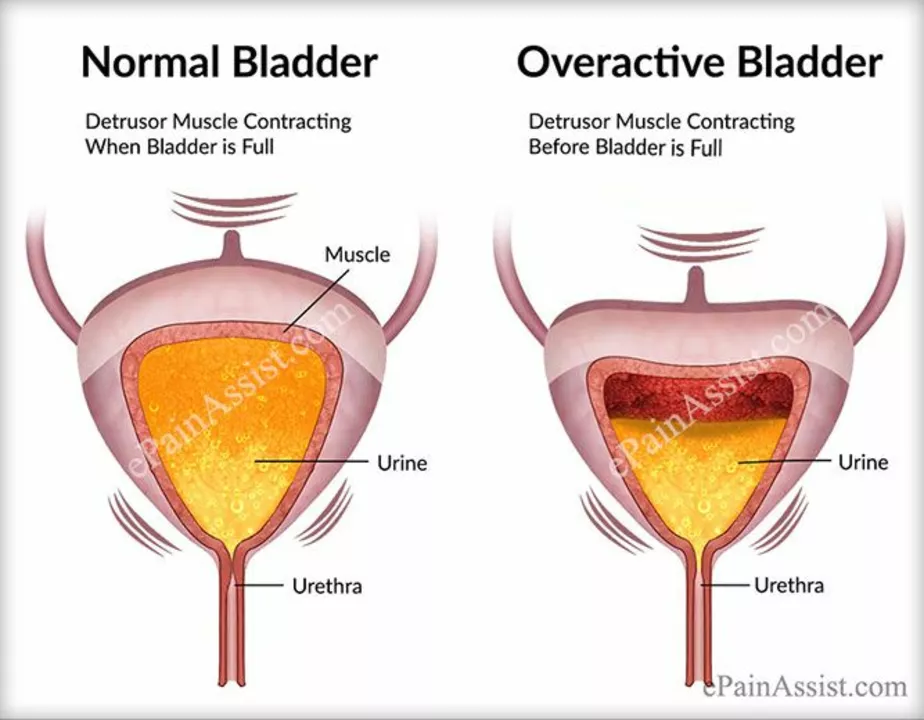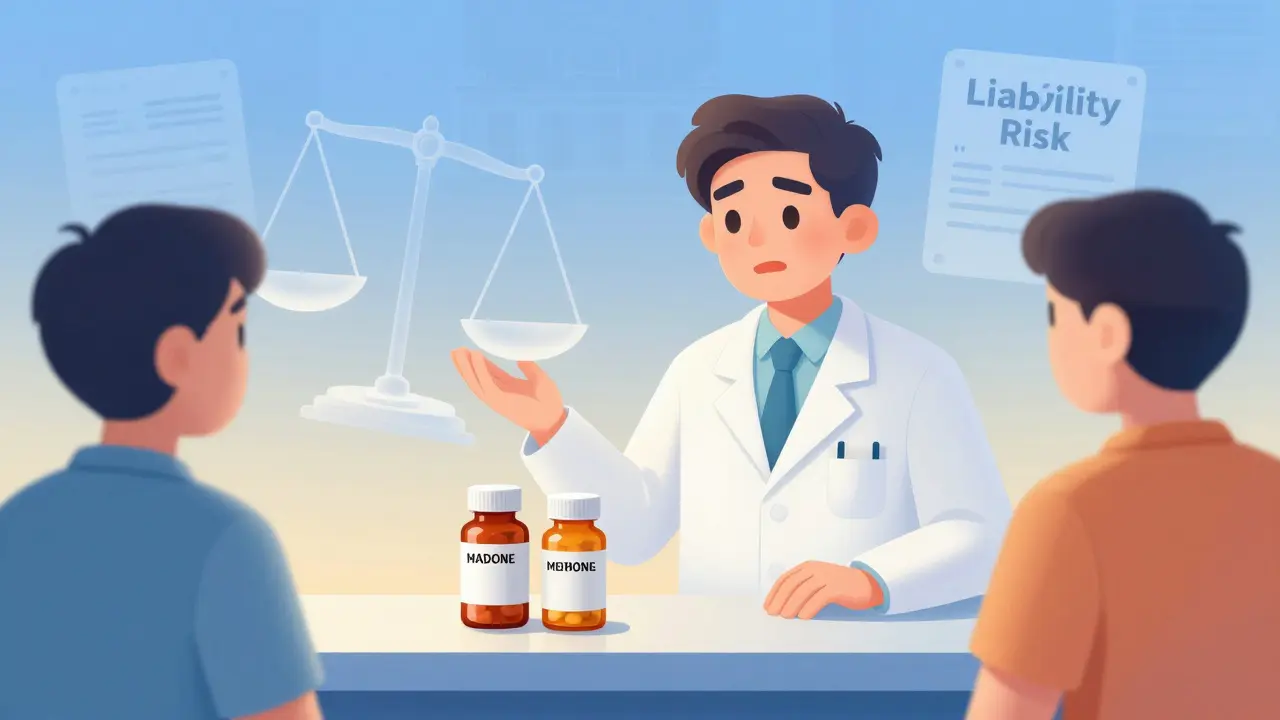Prevent Difficulty Urinating: Simple Steps to Reduce Urinary Retention Risk
Difficulty urinating can sneak up fast. It feels urgent, uncomfortable, or like you can’t empty your bladder. Some people get it after surgery, with certain medicines, or as a result of prostate growth. This page gives clear, practical steps you can use today to lower your chances of getting stuck with urinary retention.
Daily habits that help
Drink steady amounts of water through the day. Being well hydrated prevents concentrated urine that can irritate the bladder. Don’t chug big amounts at once; sip regularly. Cut back on caffeine and alcohol, especially late in the day, because they irritate the bladder and can make symptoms worse.
Go to the bathroom on a schedule if you tend to hold it. Timed voiding—every three to four hours—keeps your bladder working well. Try double voiding: after you finish, wait a minute and try again to fully empty the bladder. Avoid delaying urination for long periods; chronic holding weakens bladder muscles.
Keep bowels regular. Constipation presses on the bladder and urethra and raises the risk of trouble peeing. Eat fiber, move daily, and use gentle stool softeners when needed. Also wear loose clothing and avoid tight belts or waistbands that add pressure around the pelvis.
Check your medications with a clinician or pharmacist. Anticholinergics, some antihistamines, decongestants, certain antidepressants, and opioids can make it hard to urinate. Don’t stop a prescribed drug on your own, but ask if there are safer options or dosing changes that reduce urinary side effects.
Targeted steps for people at higher risk
Men with prostate enlargement should get regular checks. Treating BPH early with medication or procedures lowers the chance of acute retention. If you have diabetes, spinal injury, MS, or Parkinson’s, talk to your provider about bladder monitoring—nerve problems can interfere with emptying.
After surgery, follow post-op instructions for catheter care and early mobilization. Sitting in a warm bath for a few minutes often helps the bladder relax and makes urination easier. For women, pelvic floor exercises and physical therapy can improve coordination and reduce blockage from pelvic organ prolapse.
Bladder training can help if you feel urinary urgency but also have trouble emptying. Gradually increase time between trips to strengthen the bladder. Work with a nurse or pelvic floor therapist for a program that matches your needs.
If you notice burning, strong smells, blood in urine, fever, or sudden inability to urinate, seek care right away. Acute urinary retention is painful and can damage the kidneys if untreated. A simple catheter in the emergency room usually relieves the problem fast.
These steps won’t replace medical advice, but they reduce common causes and often prevent small problems from becoming emergencies. If trouble peeing keeps happening, speak with a urologist who can check prostate size, bladder scans, urine tests, and medications and guide treatment choices.
Small changes add up: track symptoms, keep a simple bladder diary for a week, then share it with your clinician to speed accurate timely care.


